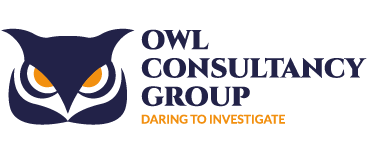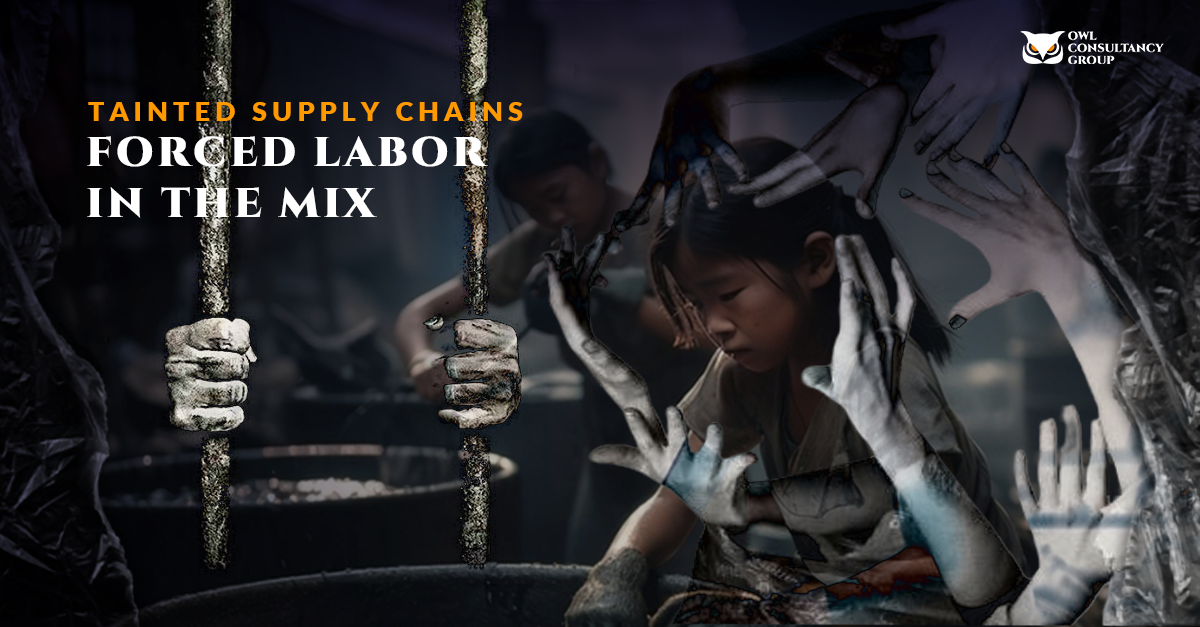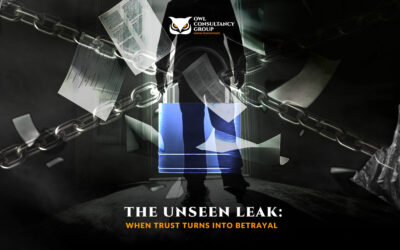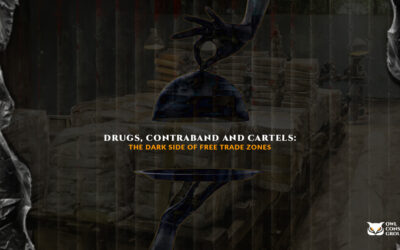In efforts to combat human rights abuses, the US has stepped up sanctions against three more Chinese companies that are allegedly using forced labor. These three companies have been added to a growing list of Chinese companies looking down the barrel of sanctions as part of the Uyghur Forced Labor Prevention Act.
It’s just the latest in a haunting pattern of human rights abuses inflicted by the Chinese government on the Uyghur people, the majority Muslim group in the northwest province of Xinjiang. Multiple governments, including the US and the UK, have cited this as genocide. And the EU Parliament considers China at “serious risk of genocide.”
Human rights groups point to evidence that more than one million Uyghurs have been detained in so-called ‘re-education camps’ and sentenced to long, unjust prison terms. This is believed to be part of a wider effort by the Chinese government to erase the culture of the Uyghurs.
Of course, China isn’t the only country that falls foul of forced labor laws. It’s a tangled web, and businesses everywhere need to tread carefully.
⛓️ Forced labor occurs when workers are prevented from freedom of movement. The definition of forced labor also encompasses withholding wages and/or identity documents, or when workers face the threat of physical or sexual violence. Often, workers are trapped in this situation through intimidation or fraudulent debt.
But what does this mean for you?
US Customs and Border Protection are always on the lookout for countries and companies that infringe forced labor laws. They’ve produced a list of indicators to ensure there are watchful eyes on the ground, from law enforcement officials to NGO workers.
It’s a crime where ignorance is no excuse and even indirect involvement makes you complicit. Every company has the responsibility to carry out due diligence on who they’re working with.
For example, the US government has flagged building materials, cotton and polysilicon, a key raw material in solar panels, and even tomatoes as among the materials bought from China that could be tainted by Uyghur forced labor.
Nicole Morgret, a human security analyst for the Center for Advanced Defense Studies, explained: “[Chinese] manufacturing corporations in the Uyghur region closely collaborate with the local government entities carrying out repression.”
As a business, you share the responsibility, starting with mitigating the risk of forced labor in your supply chains.
At The Owl, the team and I delve into the dark world of forced labor to protect your supply chain. In fact, it’s a specialism of ours, ensuring you don’t accidentally put your company at reputational, financial or operational risk. Ensure you’re not contributing towards a growing web of misery connected to forced labor.
If this is something you’re worried about, shoot us a hoot.





